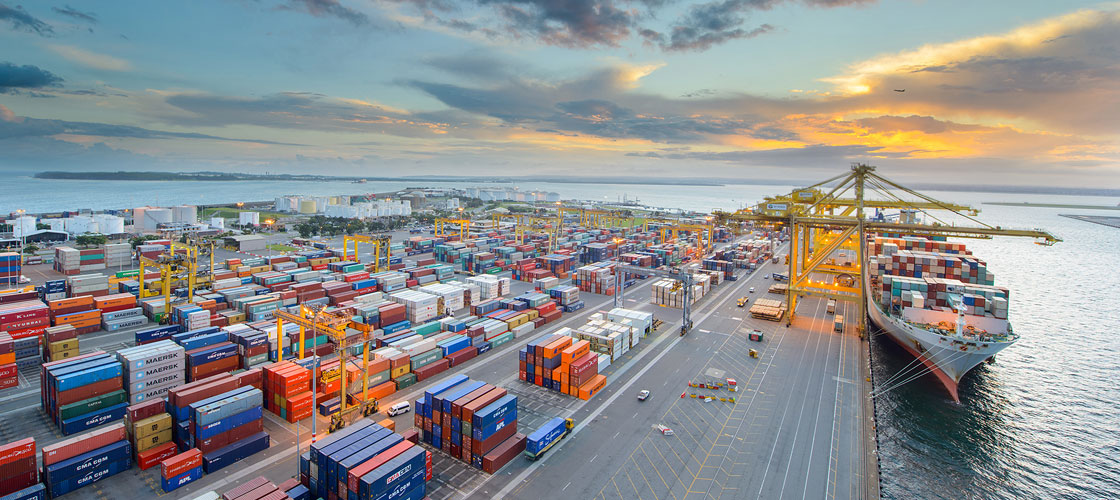(14/11/23) Blog 318 – DP World: Australia back online, but attack not over
Australia’s 2nd largest port operator has announced that after successful testing of key systems, they are now able to restart the processing of cargo .
The organisation came under a cyber attack on Friday last week (10th Nov) that forced a decision to isolate the affected network to prevent the attack from spreading. This network isolation caused the complete paralysis of the ports ability to process goods in or out of Australia.
I posted about the attack on Saturday
DP World Australia handles approx. 40% of all goods entering and leaving Australia from its sites in Sydney, Melbourne, Brisbane, and Freemantle
The spokesperson said that approx. 5,000 containers would be expected to be processed now that the systems were back online. Sites ate Brisbane and Freemantle were able to process goods in and out, however Sydney and Melbourne are currently only able to accept imports at this time.
An unofficial source at one of Australia’s haulage contractors said that they had been told by DP World that it could be another two weeks before the port at Sydney was able to handle exports.
Devastating impact
Supply chain attacks such as the one suffered by DP World Australia highlight the devastating impact such events have on multiple other organisations, and customers.
The inability of a major port to process goods means that global customers, as well as those in country suffer the 2nd order effects. Perishable goods, chilled goods, or medicines being stuck in containers will most likely be ruined if they are not able to be processed in a timely manner, meaning many people suffer – both customers, and suppliers.
Supply chains the world over rely on just-in-time delivery of goods and services, and whilst there may be a small margin for errors and delays, any additional delays such as the one experienced here causes ripples across the globe.
Supply chain attacks have increased significantly in the last few years. In 2021, Think tank Gartner predicted that by 2025, %45 of the worlds businesses will have experienced attacks against their software supply chains – a three-fold increase over 2021.
The “Cyber Security Outlook 2023” survey by PwC highlighted that 64% of UK companies surveyed have not mitigated the risks associated with the increased digitisation of their supply chains.













